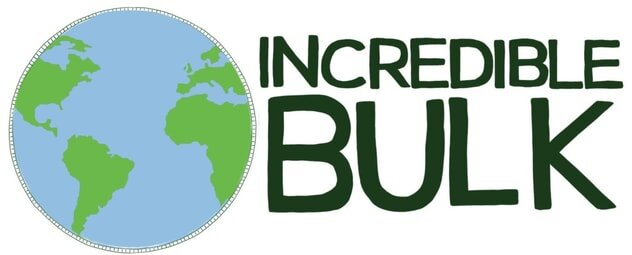Kitting out the Bulkmobile
/Once we had brought the Bulkmobile home it was time to turn her into our zero waste shop. We wanted to kit out the van in the most responsible way, taking environmental and business concerns into consideration.
We started by looking into shelving and opted for a custom made shelving system in hardwood plywood. Although a new resource that requires industrial processing, plywood is considered a greener, sustainable hardwood option. Making plywood means being able to utilise more from felled logs as it's mostly made with thin sheets of wood sliced from logs that wouldn’t make very good solid lumber, therefore utilising something that may otherwise be wasted. The shelves were CNC machined and designed in a way to limit waste from a single plywood sheet. Additional shelves needed were made by us (Gemma's dad to be more accurate!) from available off-cuts.
Earthborn paint was our paint of choice for our shelving as they offer a range of environmentally friendly paint; free from acrylics, oils and vinyl. We went for a grey called Kissing Gate in their Eggshell that's washable (good for food hygiene), virtually VOC free and carries the EU Ecolabel.
Choosing secondhand where available we found shop baskets to use to display our lifestyle products and our weighing station at the back of the van is made from an Ikea shelf bought from a friend of Gemma's who relocated abroad. We then topped it with a worktop made from recycled yogurt pots, this came with an added bonus of also being a leftover off-cut! We also used this to create our serving shelf.
We needed to have a sink on-board for hygiene and went for one made from plastic, we chose this over a stainless steel option due to its space-saving design and we are happy that we can utilise a used plastic bottle to hold the waste drainage.
For the containers holding our products we had to opt for plastic. Glass was just too heavy and also a health and safety risk due to potential breakages while driving along. We decided to partner with Addis as their container range is made from food-safe, BPA free, polypropylene which is easy to recycle come the end of the products life-cycle. They are a reputable UK based company, with sound Environmental and Packaging Policies in place. Their products are designed and manufactured to last, with a 10 year guarantee so we hope we'll be using them for many years.
Outside branding was our final decision for the van. We researched to find the greenest vinyl available and came across 3M Envision wrap. This vinyl film is non-PVC being made from a bio-based material. Its phthalate-free, contains no added chlorine or halogens and uses 58% less solvents than conventional films, eliminating potential hazards to the environment at the end of use.
So there you have it, a little tour inside our van, if you haven't seen it for yourself yet check out our locations and come and see our little mobile zero waste shop!



